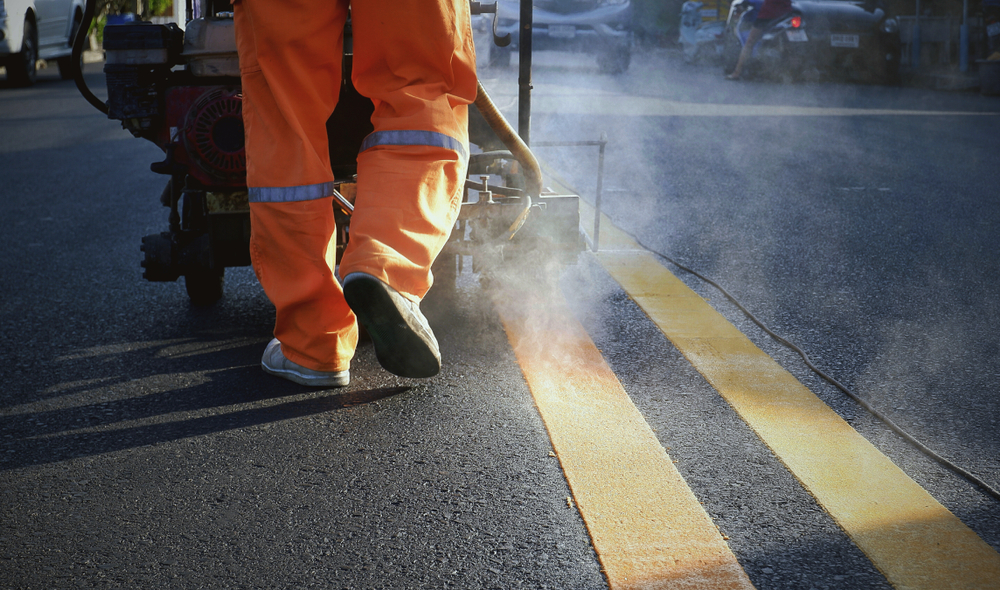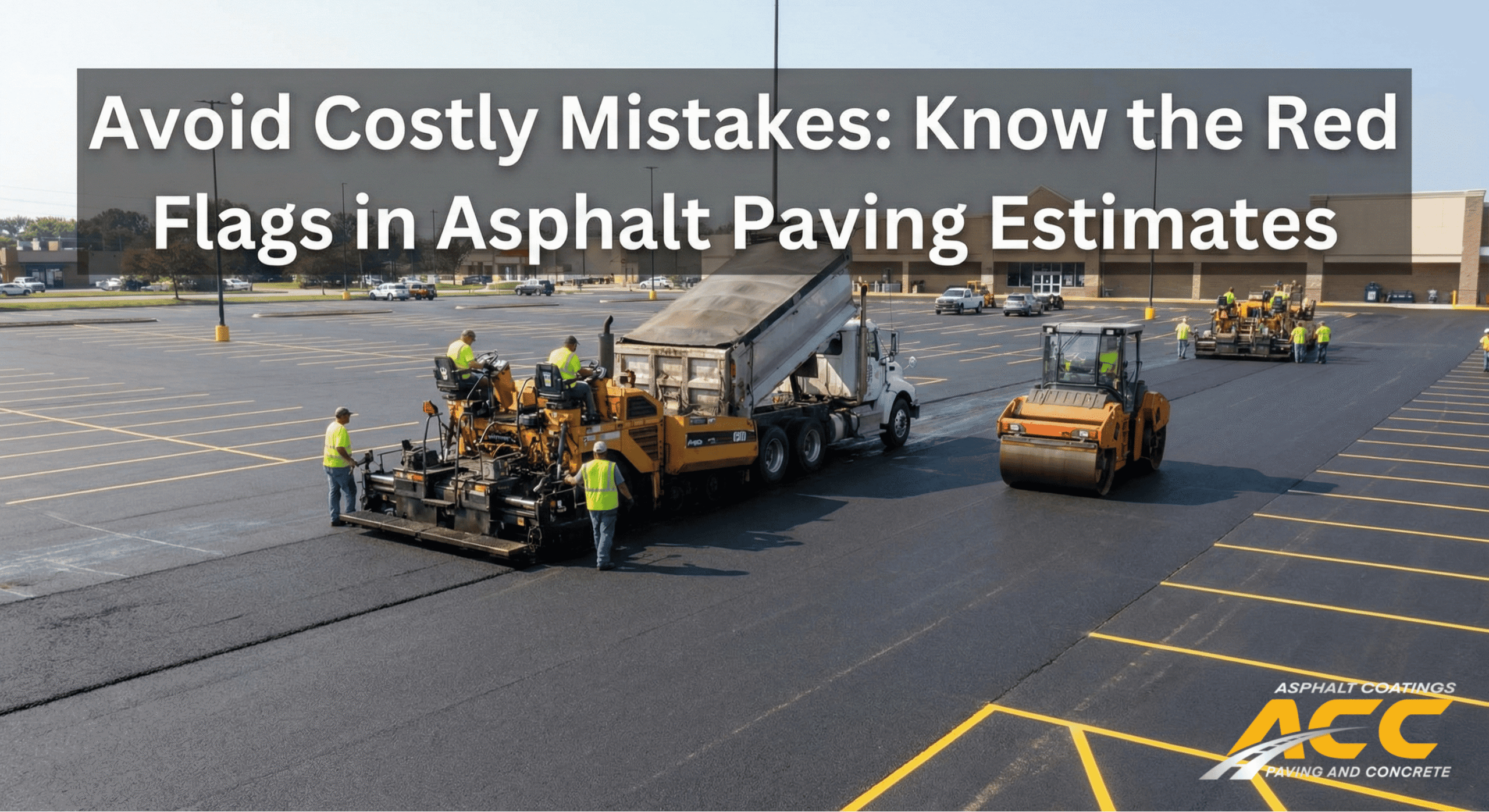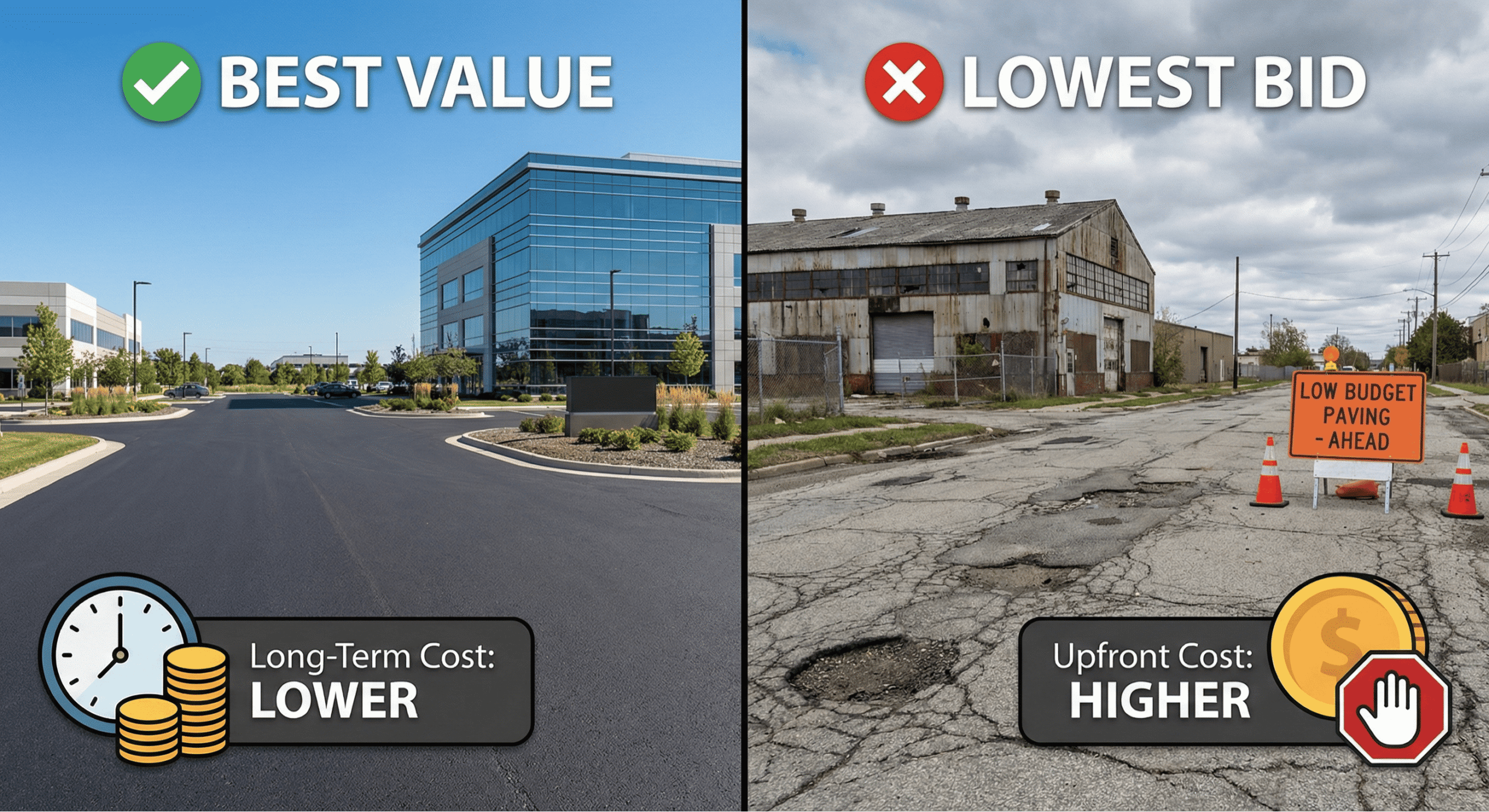
Building an asphalt road involves careful planning, skilled precision, and patience. Whether constructing a private access road or a major highway, the process requires multiple stages, each impacting the timeline. Several factors determine how long the construction takes, including the complexity of the design, site conditions, available materials, and weather.
More intricate designs and challenging terrains can extend the timeline, while weather conditions like rain or extreme temperatures can cause delays. Additionally, the availability of quality materials is crucial for staying on schedule. With proper planning and expert execution, a well-managed road construction project can be completed efficiently, on time, and within budget.
Understanding Asphalt Road Construction
Asphalt road construction is a structured, multi-phase process that combines engineering, experience, and precision. It’s more than just laying blacktop on the ground; it’s a system of carefully timed steps that determine the durability, functionality, and safety of the finished surface.
Each stage in this process is interconnected. If one step is rushed or skipped, the entire road could suffer premature failure. Cracking, rutting, water pooling, or structural weakness often trace back to common asphalt construction mistakes made early in the build.
A properly constructed asphalt road must meet both engineering standards and environmental demands. That’s why seasoned contractors always emphasize planning, testing, and quality execution at every step.
Key Phases of Asphalt Road Construction:
Building a long-lasting asphalt road involves a series of carefully planned steps, each contributing to the road’s durability, safety, and performance.
Site Preparation and Surveying:
- Detailed land survey to understand soil condition
- Identification of natural features that may impact the build.
- Assessment of traffic flow and design parameters.
Excavation and Grading:
- Clearing the land of any trees, rocks, or debris.
- Excavating to the correct depth for the subgrade layer.
- Grading to ensure proper drainage and smooth surface contours.
Sub-Base and Base Installation:
- Laying a strong gravel or crushed stone base to support the road.
- Ensuring even compaction to avoid future settling.
- Checking for stability and load-bearing capacity.
Asphalt Layering and Paving:
- Applying the first (binder) and final surface layer of asphalt.
- Rolling and compacting each layer to ensure maximum strength.
- Ensuring the proper thickness and uniformity of each asphalt layer.
Each of these steps must be performed with precision. Rushing through any of them can result in an uneven surface, poor drainage, and eventual road deterioration.
The Main Stages of Asphalt Road Construction
Building a durable asphalt road involves several key stages, each contributing to the road’s strength and longevity.
1. Planning and Design
- Site Survey and Soil Testing: Assessing land and soil strength to ensure a stable foundation.
- Road Layout and Drainage Planning: Designing the road for proper drainage and traffic flow.
- Permits and Approvals: Obtaining necessary legal permissions.
2. Excavation and Grading
- Clearing the Site: Removing vegetation and debris.
- Shaping the Terrain: Ensuring proper slope and drainage.
- Compacting the Subgrade: Stabilizing the soil for a solid base.
3. Sub-Base Installation
- Laying Gravel or Crushed Stone: Adding a solid foundation layer.
- Compaction: Ensuring stability and load support.
- Testing: Checking for proper compaction and stability.
4. Asphalt Paving
- Applying Binder Layer: Preparing the base, if needed.
- Surface Asphalt: Installing asphalt in layers and compacting it.
5. Finishing Touches
- Curbs and Sidewalks: Adding edges and pedestrian paths.
- Striping and Markings: Laying lane markings and signs.
- Safety Features: Installing signs and guardrails for safety.
Factors That Determine How Long Asphalt Road Construction Takes
Several key factors can either speed up or delay asphalt road projects:
1. Project Size and Scope
More area = more time. Adding shoulders, sidewalks, or signage extends the timeline.
2. Weather Conditions
Rain, freezing temps, and extreme heat can delay grading, compaction, and paving.
3. Soil and Site Conditions
Soft or wet soils need extra stabilization. Rocky ground takes longer to excavate.
4. Crew and Equipment Availability
Delays in materials, staffing, or machinery can slow progress.
5. Permits and Inspections
Some projects need city or state approval at every stage, adding wait time.
6. Asphalt Mix Availability
Certain asphalt types are seasonal or require specific plants. Scheduling matters.
Some contractors may promise fast completion; but speed shouldn’t come at the cost of quality. Cutting corners on compaction, drainage, or thickness can shorten the road’s lifespan.
When you hire a trusted contractor you get a realistic timeline and a durable result. No rushed work. No guesswork. Just honest results.
How Asphalt Coatings Company Builds Roads That Last
With over three decades of experience, Asphalt Coatings Company has established a reputation for constructing strong, durable, and reliable asphalt roads. Their commitment to excellence, quality, and efficiency ensures that every road they build stands the test of time. Here’s how they achieve that:
- Precision Planning: Every successful road begins with detailed evaluation and comprehensive site preparation. Asphalt Coatings Company takes the time to assess each project’s unique needs, ensuring the right approach from the very start. Proper asphalt paving preparation is the foundation of long-lasting results.
- Modern Equipment: The company utilizes the latest paving technology, including advanced machinery and tools, to ensure consistency, quality, and efficiency throughout the construction process. This guarantees smooth, durable results every time.
- Local Knowledge: Asphalt Coatings Company’s team is deeply familiar with Colorado’s climate and environmental conditions. They understand how weather and temperature can impact construction timelines and material selection, ensuring the right decisions are made for long-term performance.
- Transparent Scheduling: Communication is key, and Asphalt Coatings Company prioritizes clear, open schedules. Clients are always kept in the loop with updates on the project timeline, ensuring no surprises and a smooth experience.
- Skilled In-House Crews: Unlike many competitors, Asphalt Coatings Company employs only skilled in-house crews; no subcontractors. This guarantees that every team member is fully trained, dedicated to the project, and focused on delivering the best possible results.
Whether constructing a commercial access road or a private driveway, Asphalt Coatings Company builds asphalt surfaces that not only meet but exceed industry standards for durability and performance. Their careful planning, advanced tools, and expert teams ensure that every road they build lasts for years to come.
Maintenance Matters: Extending Road Life After Construction
Once a road is built, ongoing maintenance is absolutely essential for ensuring its long-term performance and structural integrity. Neglecting maintenance can cause roads to quickly deteriorate, leading to significant repair costs and potential safety hazards. A proactive approach to maintenance helps prevent minor issues from escalating into major problems, ultimately saving time and money in the long run.
Key maintenance tasks include:
- Crack Sealing: This is one of the most important aspects of road maintenance. It prevents water from infiltrating cracks and compromising the road’s foundation. By sealing the cracks early, you stop further damage, preserving the road structure for many more years.
- Sealcoating: Asphalt roads are exposed to harsh weather conditions, UV rays, and the wear and tear of traffic. Sealcoating is a protective layer applied every 2–3 years to shield the asphalt from oxidation and weather damage. It also enhances the road’s appearance, making it look well-maintained and fresh.
- Pothole Patching: Potholes, if left untreated, can lead to serious structural issues. Timely pothole patching addresses small damages before they spread or deepen, avoiding costly repairs down the road and ensuring a smooth and safe surface for vehicles.
- Line Striping: Clearly visible lane markings, crosswalks, and directional arrows are vital for road safety. Regular line striping ensures that traffic flow remains organized, especially in busy or high-traffic areas. It also improves visibility at night and in adverse weather conditions.
- Regular Inspections: Routine inspections help to catch small issues before they escalate into significant, expensive repairs. Regular checks can identify wear patterns, drainage issues, or other early signs of damage, allowing you to address them before they cause serious problems.
Asphalt Coatings Company offers tailored long-term maintenance programs specifically designed to meet the needs of your road’s usage. Whether your road sees light traffic or heavy commercial use, we ensure it remains in optimal condition, providing a safe, smooth, and durable surface for years to come.
Frequently Asked Questions
1. How long does it typically take to build an asphalt road?
The timeline for building an asphalt road can range from two weeks to a year or more, depending on the project’s size, scope, and complexity. Larger or more intricate roads require more time for planning, site preparation, and paving.
2. How quickly can traffic use a newly paved asphalt road?
Asphalt roads are often ready for traffic within 24 to 72 hours after paving, once the surface has cooled and set. This rapid usability is a key advantage of asphalt over concrete, which requires much longer curing times.
3. What factors influence the construction time of an asphalt road?
Key factors include the length and width of the road, weather conditions, site preparation requirements, and the availability of materials and labor. Environmental factors like humidity, temperature, and rain can also impact drying and curing times.
4. What is the difference between asphalt drying and curing times?
Drying refers to the time needed for asphalt to cool and be safe for traffic; typically 24 to 72 hours. Curing is the process of the asphalt hardening fully, which can take 6 to 12 months, but vehicles can use the road well before curing is complete.
5. Can asphalt paving be completed quickly for urgent projects?
Yes, asphalt paving can be scheduled during nights or weekends to minimize disruptions, and some projects can be completed overnight for smaller sections. This flexibility allows for rapid construction and reopening of roads, reducing inconvenience for drivers and businesses.
Every Road Takes Time; But It’s Worth It
Building an asphalt road is not just about pouring blacktop. It’s about understanding the site, using the right materials, and getting every step right. Rushing through the process can lead to cracks, drainage problems, and early failure.
With the right team, road construction becomes smoother, safer, and more predictable. Asphalt Coatings Company delivers that peace of mind. Their careful planning, skilled crews, and commitment to quality ensure your road is built to last.
If you’re planning a new asphalt road; whether for a commercial property or access lane; start with a team that understands the process from the ground up.



